This website uses cookies
We use cookies to ensure that we give you the best experience on our website. If you continue to use this site we will assume that you are happy with it.
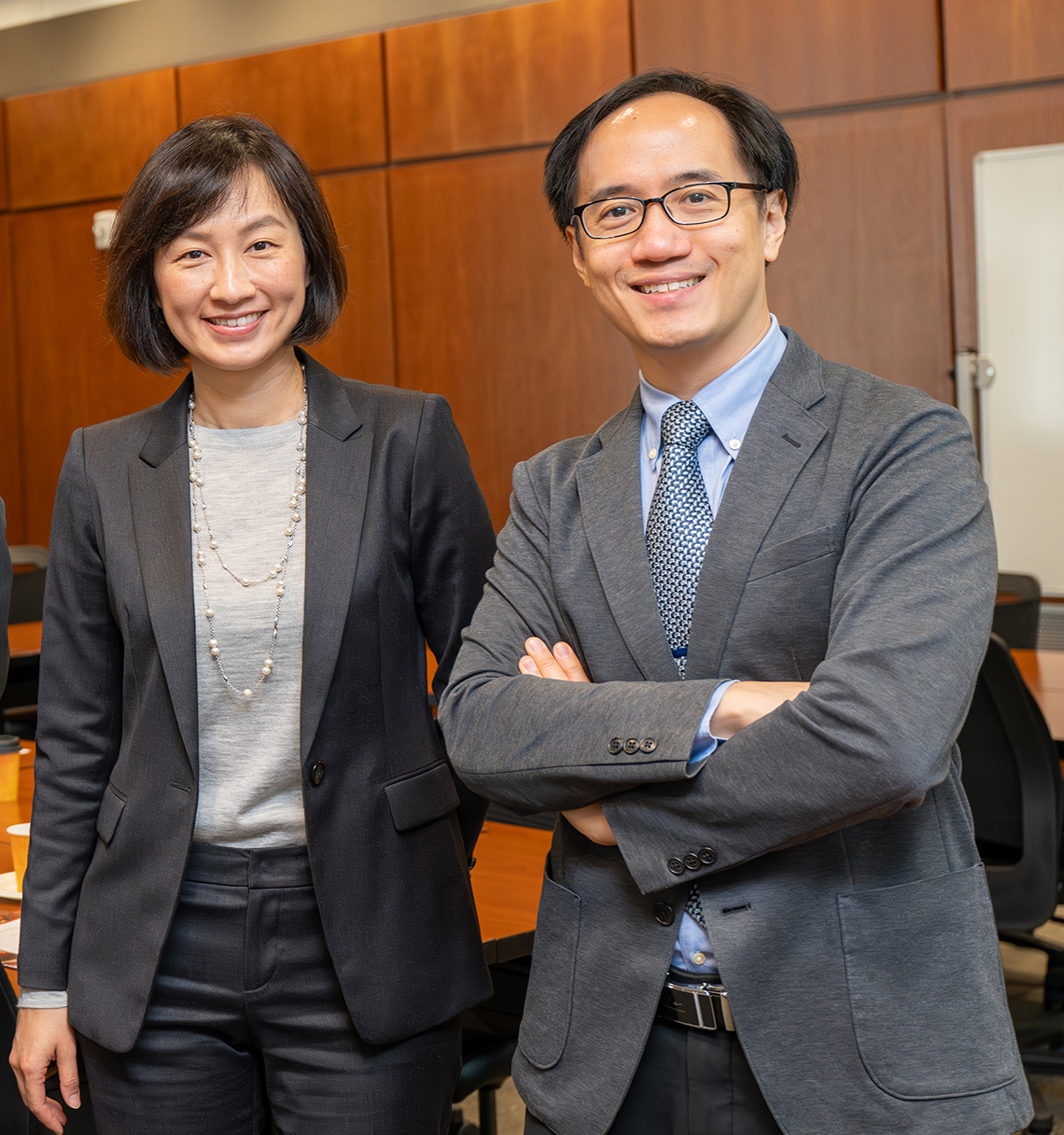
On October 5–6, in Hughes Hall, Cornell Law School’s Clarke Program in East Asian Law & Culture hosted “The Past, Present, and Future of Law & Economics in Asia,” a conference featuring presentations from a diverse slate of scholars working across multiple jurisdictions.
The conference was organized by Cornell Law’s Yun-chien Chang, the Jack G. Clarke Professor in East Asian Law and director of the Clarke Program, in his last official act as president of the Asian Law and Economics Association (AsLEA).
“I have served as the President of Asian Law and Economics Association since 2023,” says Chang. “In this capacity, and in my capacity as director of the Clarke Program in East Asian law, I aim to bring together scholars from Asia and the U.S. to promote mutual understanding.”
In his opening remarks at the conference, he introduced the rising president, Prof. Lauren Yu-Hsin Lin, of City University of Hong Kong, who spoke of the importance of nurturing the next generation of scholars.
The conference then kicked off with a presentation by Dennis W.K. Khong, of Multimedia University, on law and economics scholarship in Malaysia. He was followed by Xuan Vinh Vo, of the University of Economics at Ho Chi Minh City, who spoke on recent developments in Vietnam.
After lunch, Ram Singh, of the Delhi School of Economics (who flew in for the conference despite an important appointment that had him on a plane back to India later that day), discussed whether Indian courts use economic reasoning in commercial disputes; Xiaoping Wu, of Hong Kong University, provided an empirical perspective from China; Lauren Lin, the incoming AsLEA president, presented on the development of law and economics scholarship in Hong Kong; and Wei Zhang, of Singapore Management University, did the same for Singapore.
Sunday brought another packed day of presentations, with Jeong-Yoo Kim, editor in chief of the Asian Journal of Law and Economics, giving a view from Korea; Tzu-Shiou Chien, of Academia Sinica, providing an economic analysis of private law in Taiwan; Christopher Chao-hung Chen, of Taiwan University, discussing corporate and commercial law in Taiwan; Chung-Chia Huang, of National Taiwan University, presenting a thirty-year review of empirical law and economics in Taiwan; Takashi Shimizu, of the University of Tokyo, exploring the expansion and transformation of law and economics in Japan; and finally Hiroharu Saito, also of the University of Tokyo, exploring the conference theme through the lens of Japanese court decisions.
Serving as moderators for the presentations and subsequent discussions were Cornell Law’s Eleanor Wilking, Jed Stiglitz, Jeff Rachlinski, Michael Heise, and Dawn Chutkow, along with Chang.
Chang notes, “Law and economics is one of the most important legal research methods in the United States, and it is catching up in Asia, although various hurdles have hampered its growth. This conference is the first time that a group of scholars from various jurisdictions in Asia have gathered together to discuss the path toward more robust development of this interdisciplinary approach.”
“The Past, Present, and Future of Law & Economics in Asia” was sponsored by Cornell Law’s Berger International Legal Studies Program, the Mario Einaudi Center for International Studies, the East Asia Program, the Chiang Ching-kuo Foundation for International Scholarly Exchange, Mori Hamada & Matsumoto, and National Taiwan University’s Research Center of Digital Law.
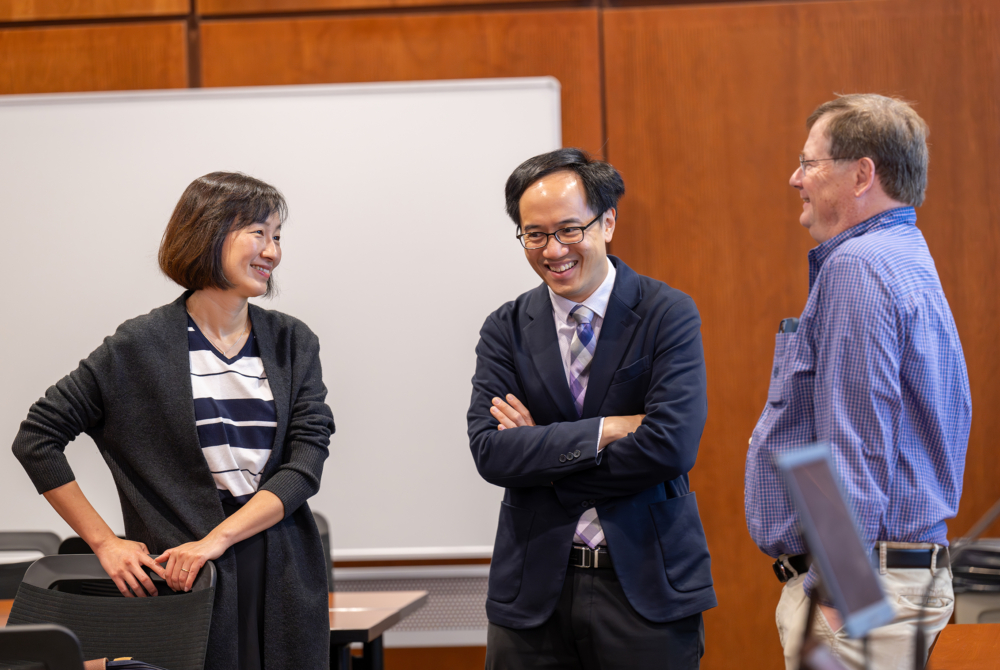
From left: Lauren Yu-Hsin Lin, Yun-chien Chang, and Jeff Rachlinski
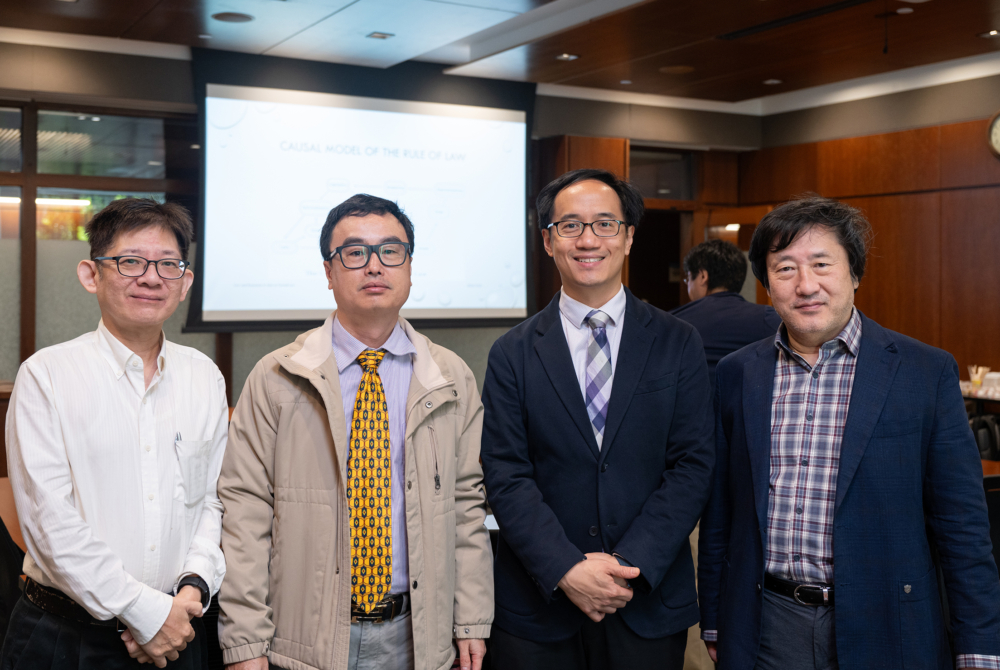
From left: Dennis Khong, Xuan Vinh Vo, Yun-chien Chang, and Jeong-Yoo Kim
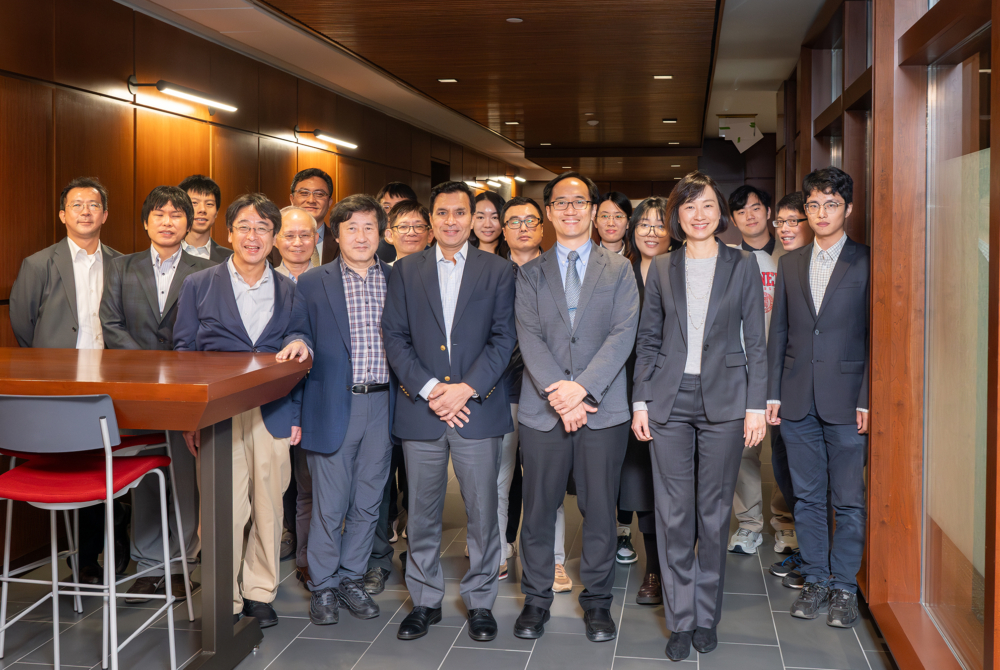
Group photo
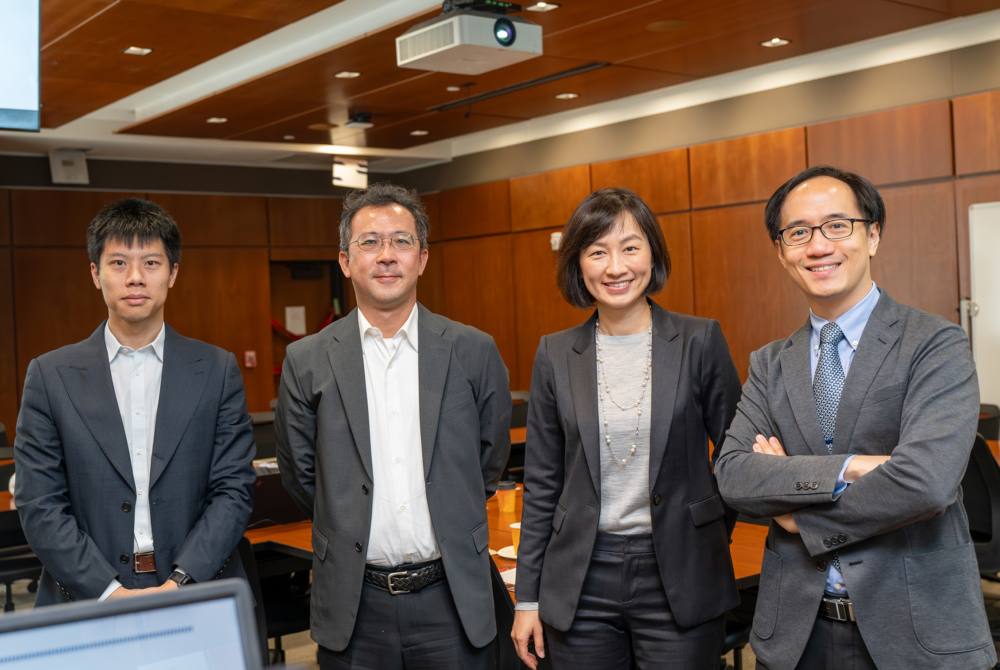
From left: Patrick Huang, Chris Chen, Lauren Yu-Hsin Lin, and Yun-chien Chang
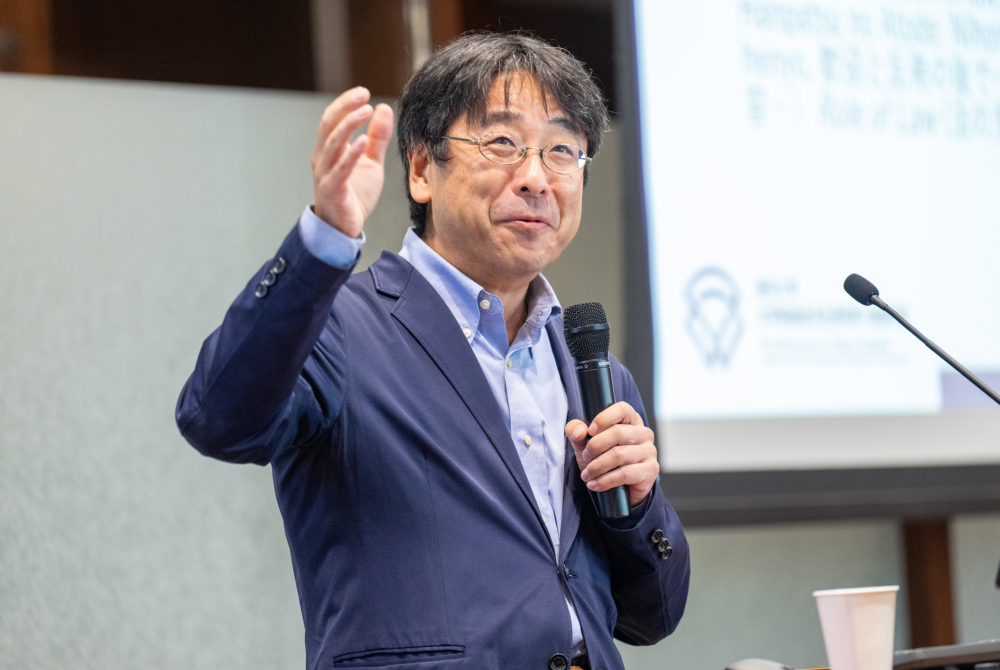
Takashi Shimizu
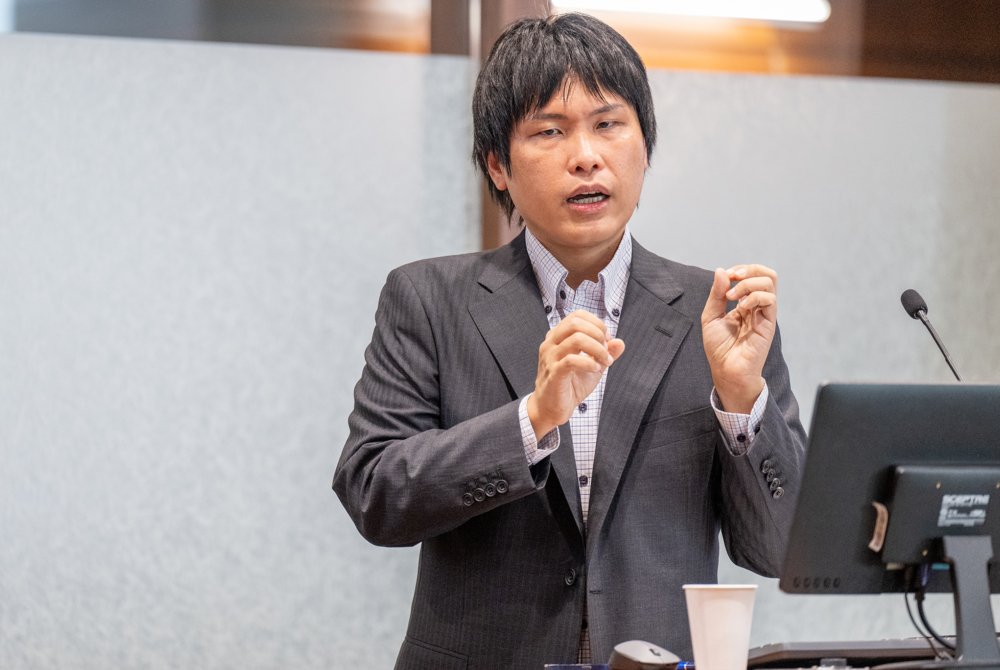
Hiroharu Saito
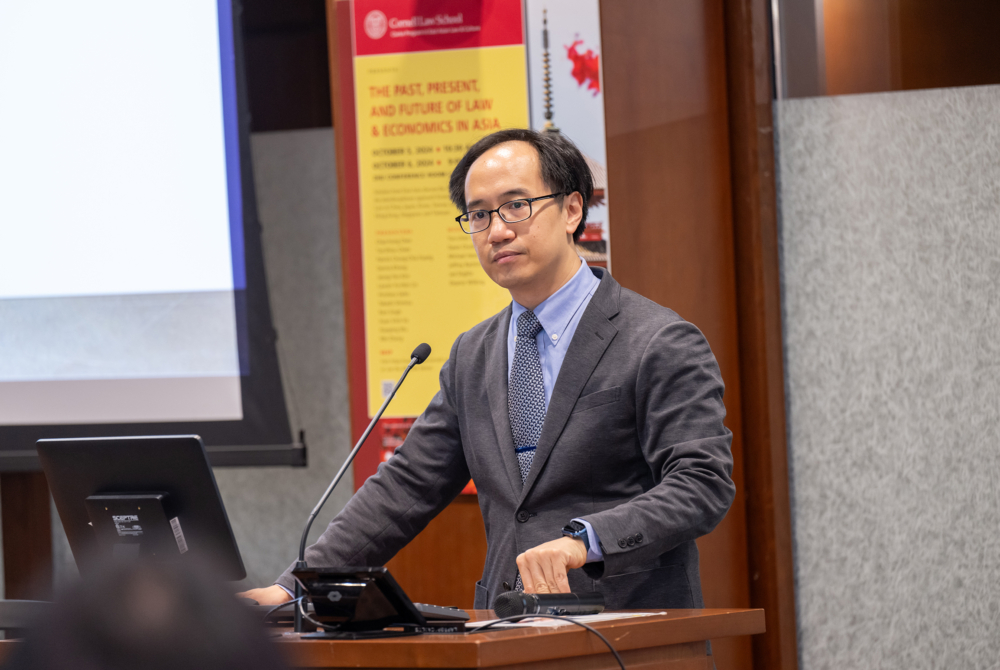
Prof. Yun-chien Chang, the organizer, and the director of the Clarke Program in East Asian Law & Culture, Cornell Law School
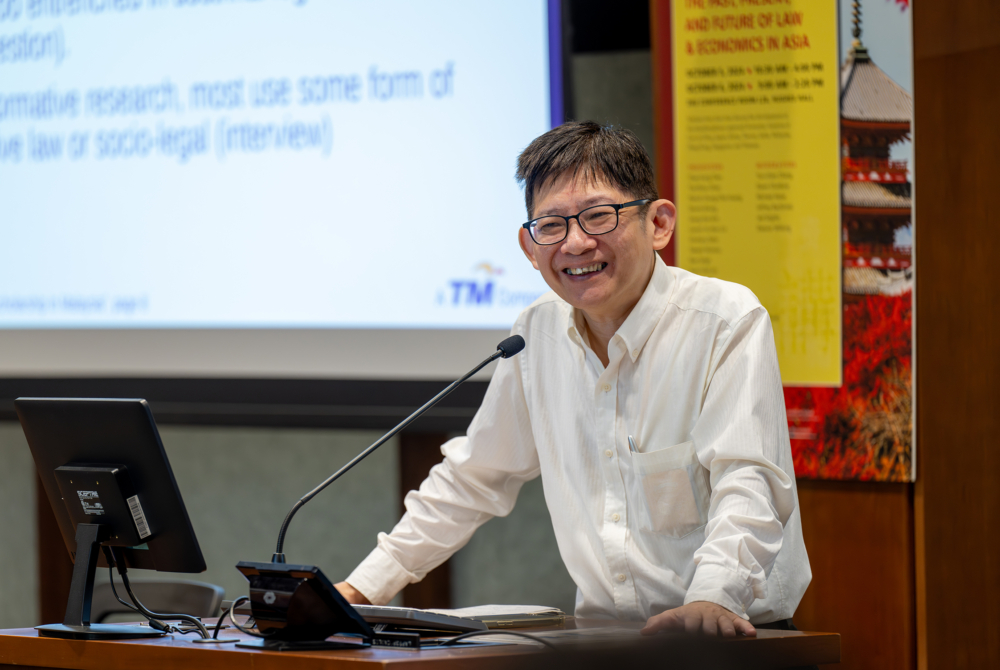
Prof. Dennis W. K. Khong, Multimedia University, Malaysia
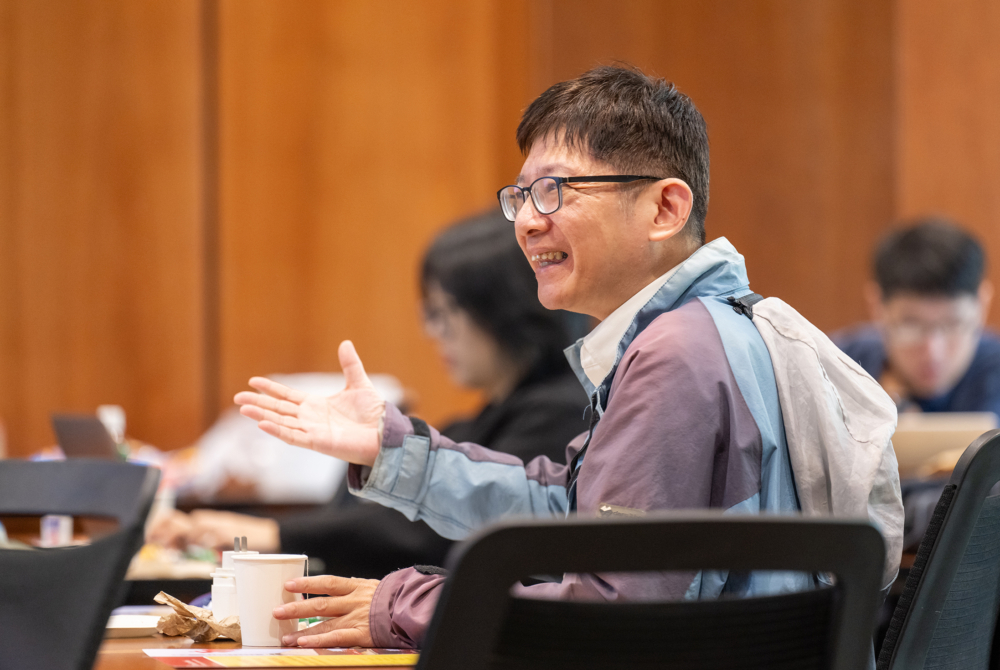
Prof. Dennis W. K. Khong, Multimedia University, Malaysia
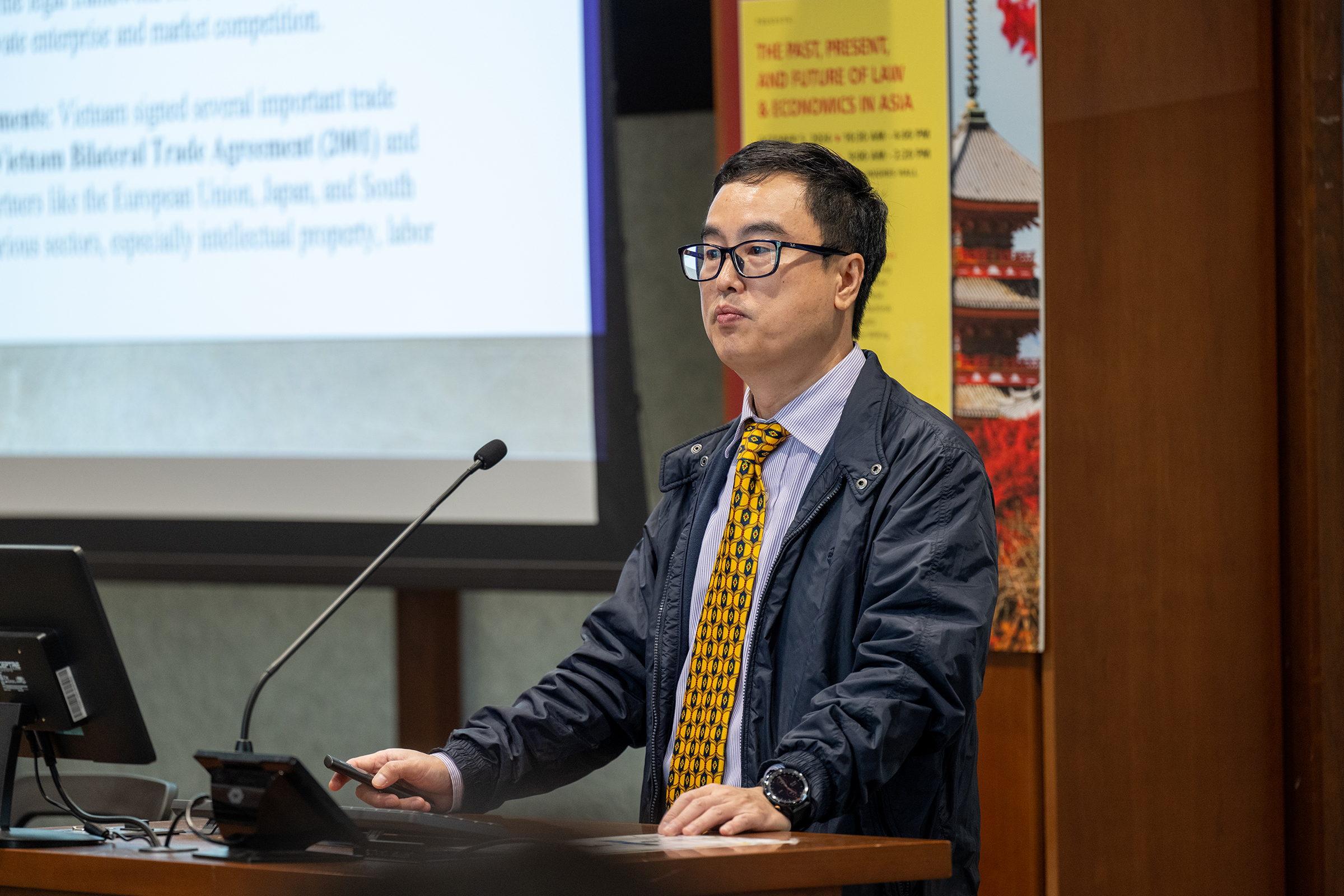
Prof. Xuan Vinh Vo, University of Economics Ho Chi Minh City, Vietnam
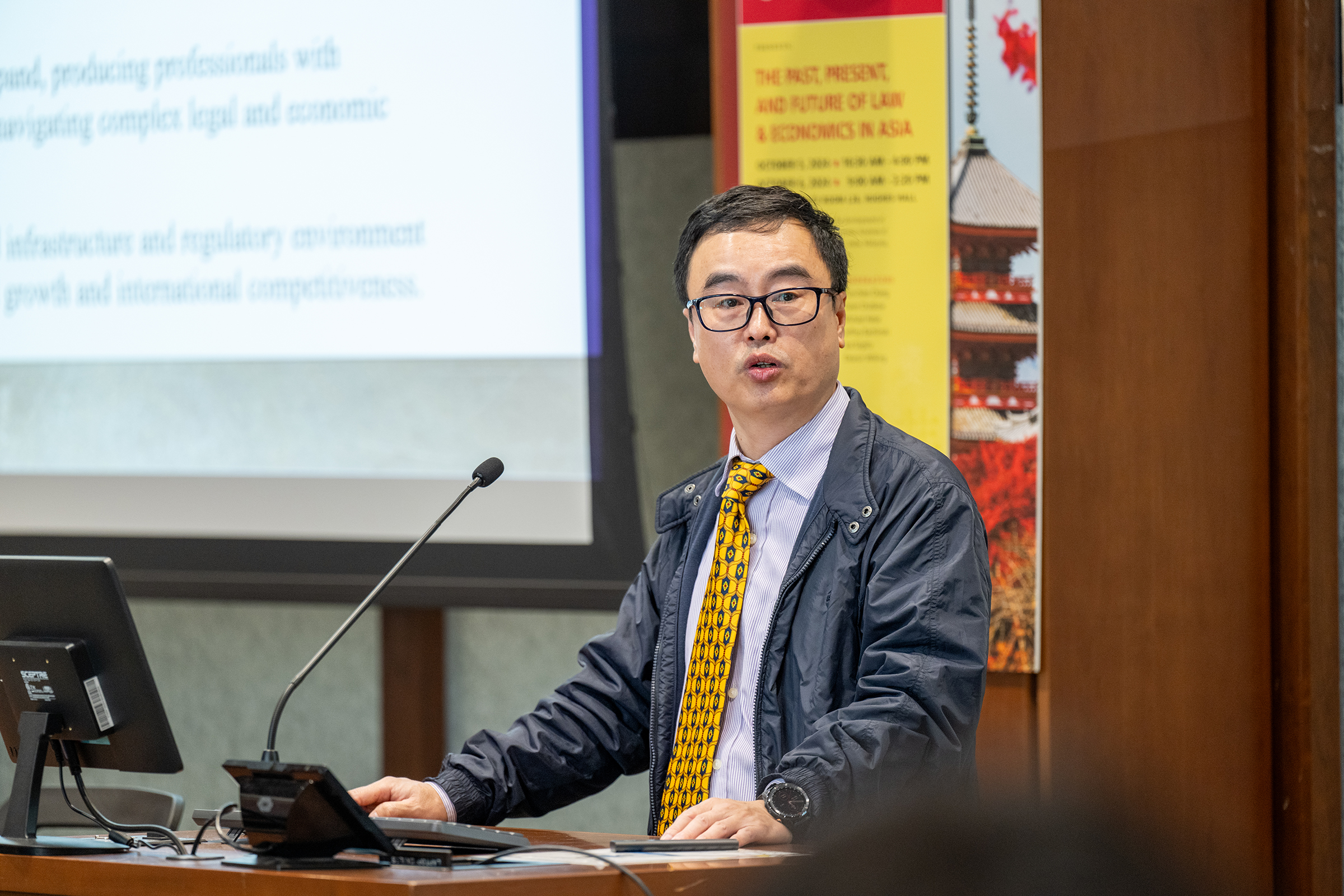
Prof. Xuan Vinh Vo, University of Economics Ho Chi Minh City, Vietnam
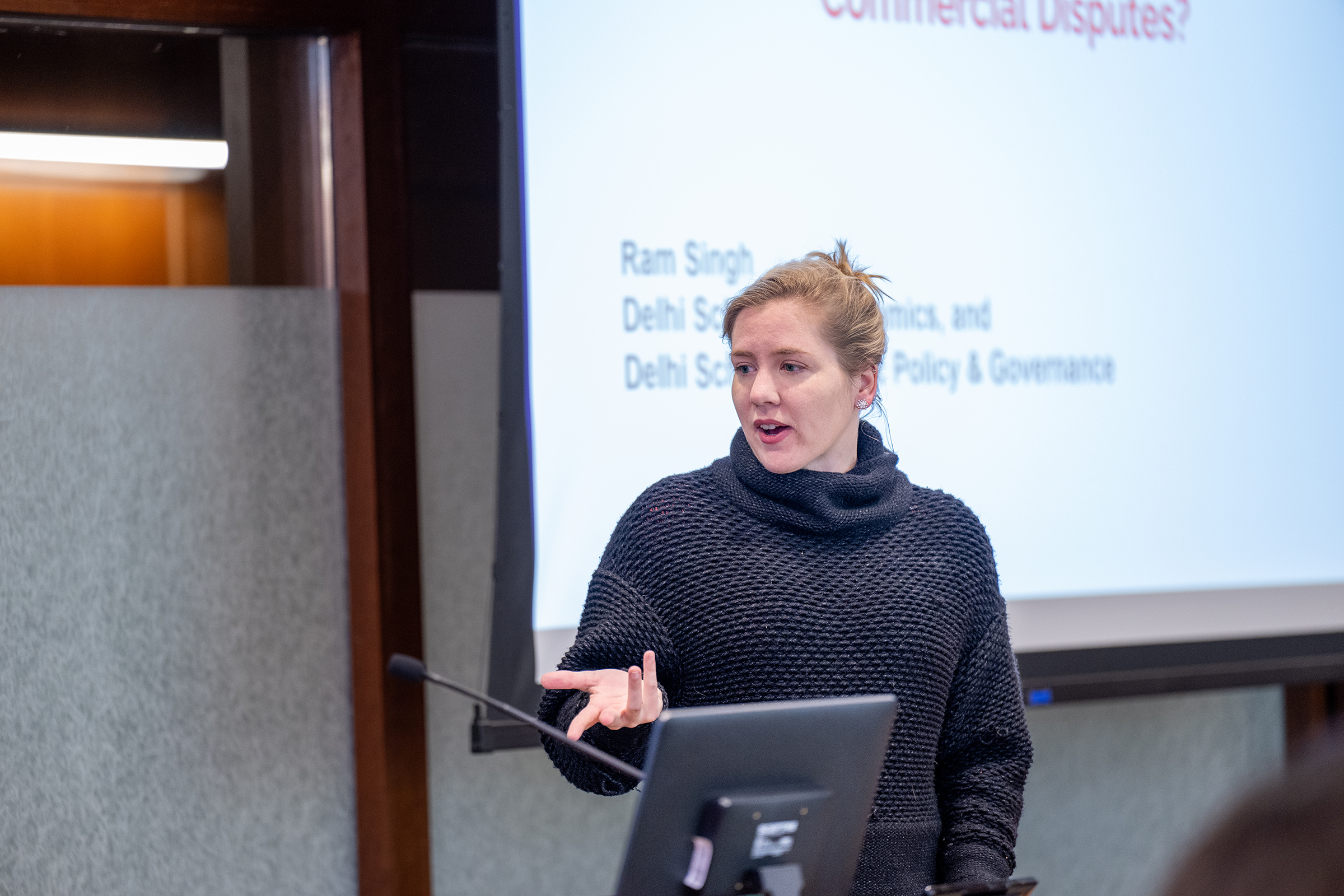
Prof. Eleanor Wilking, the moderator, Cornell Law School
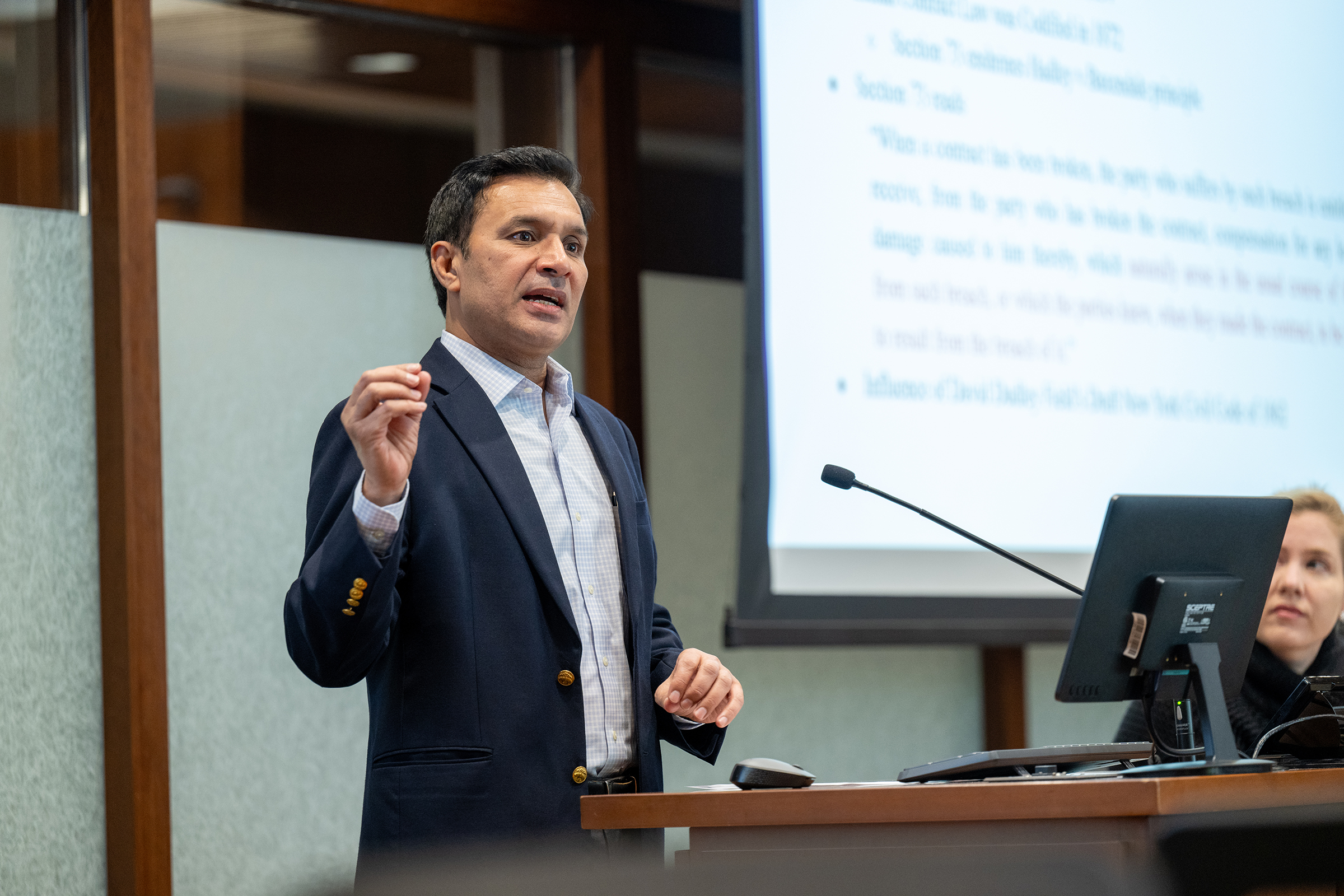
Prof. Ram Singh, Delhi School of Economics, India
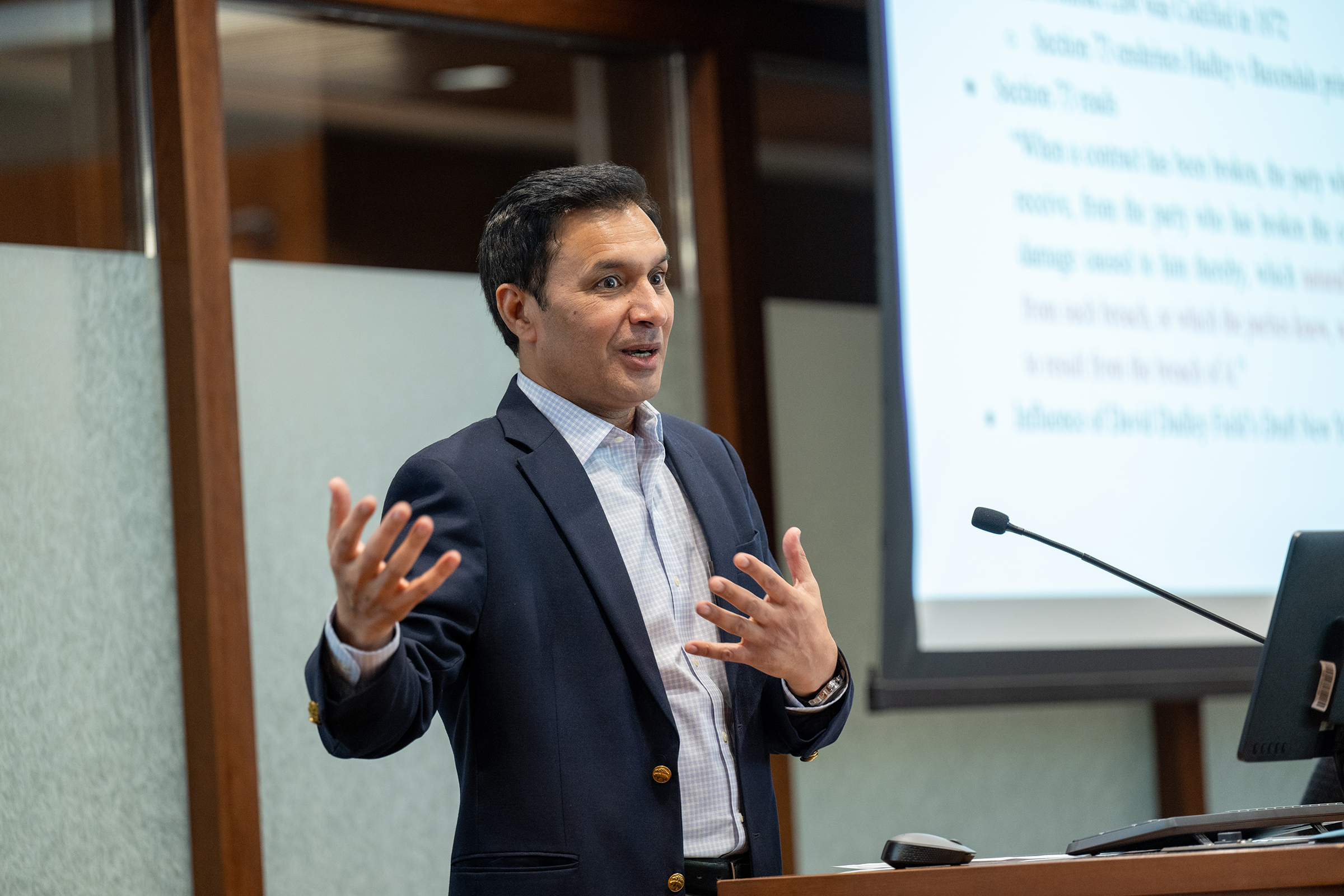
Prof. Ram Singh, Delhi School of Economics, India
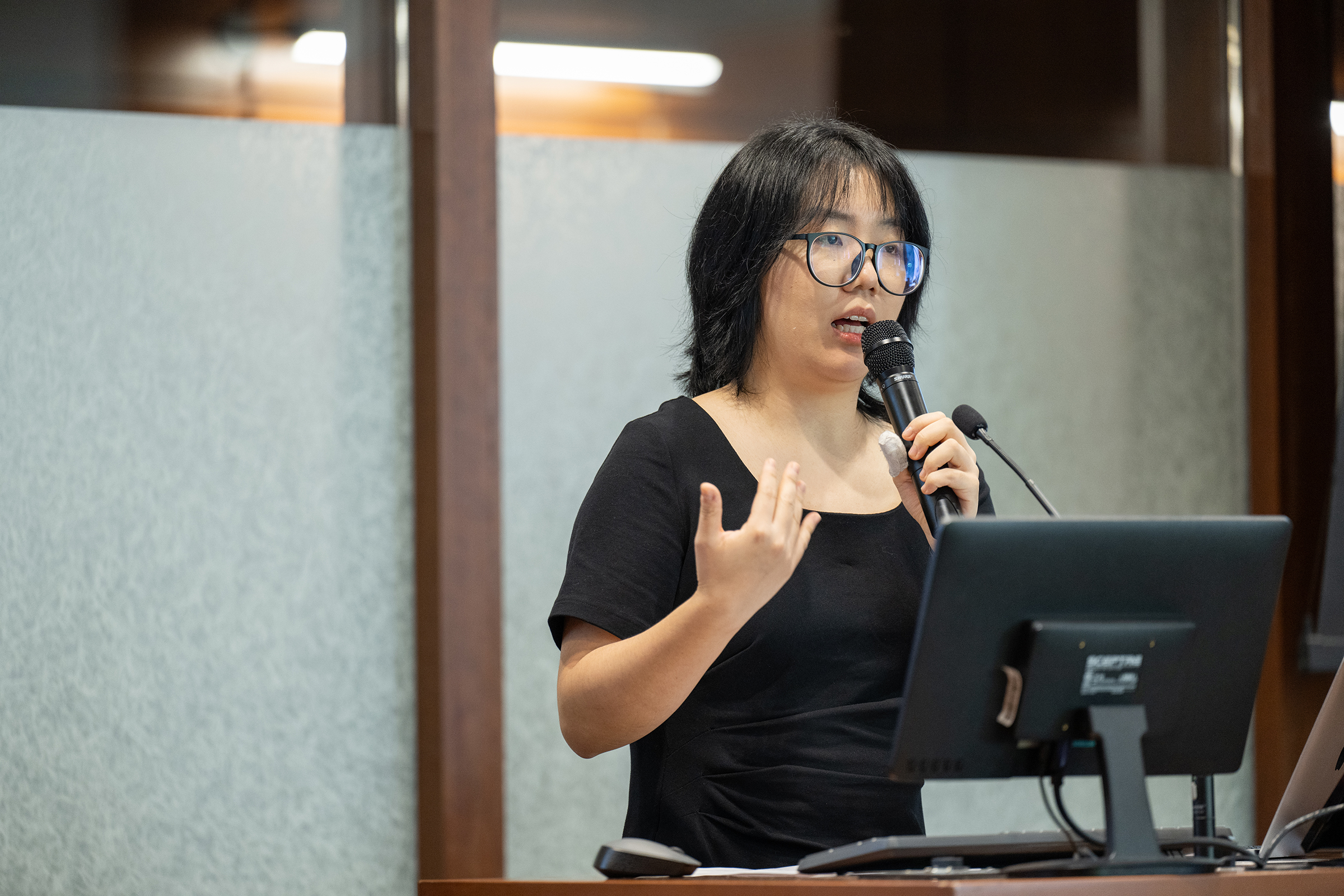
Xiaoping Wu, The University of Hong Kong, co-authored with John Zhuang Liu at HKU Law
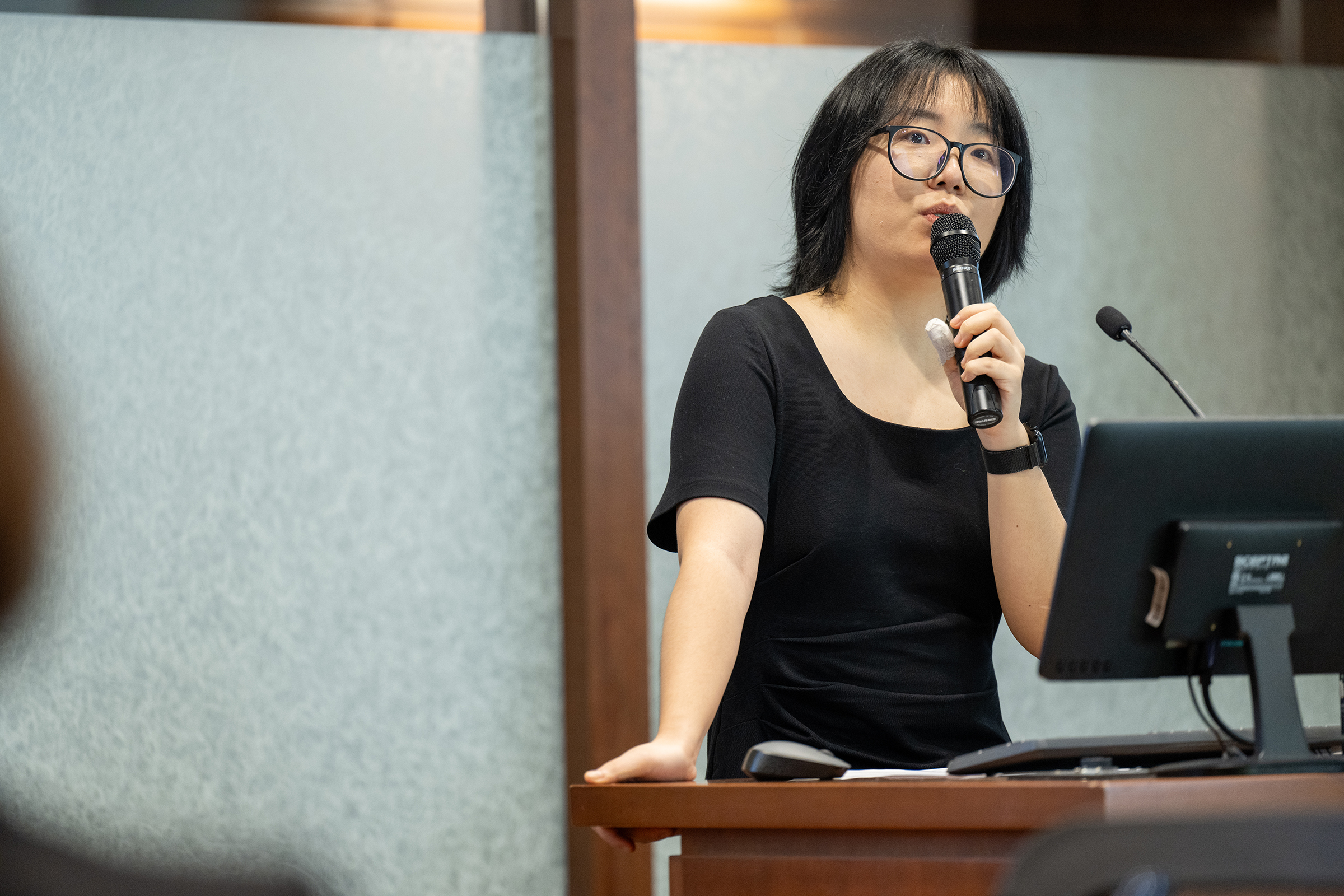
Xiaoping Wu, The University of Hong Kong, co-authored with John Zhuang Liu at HKU Law
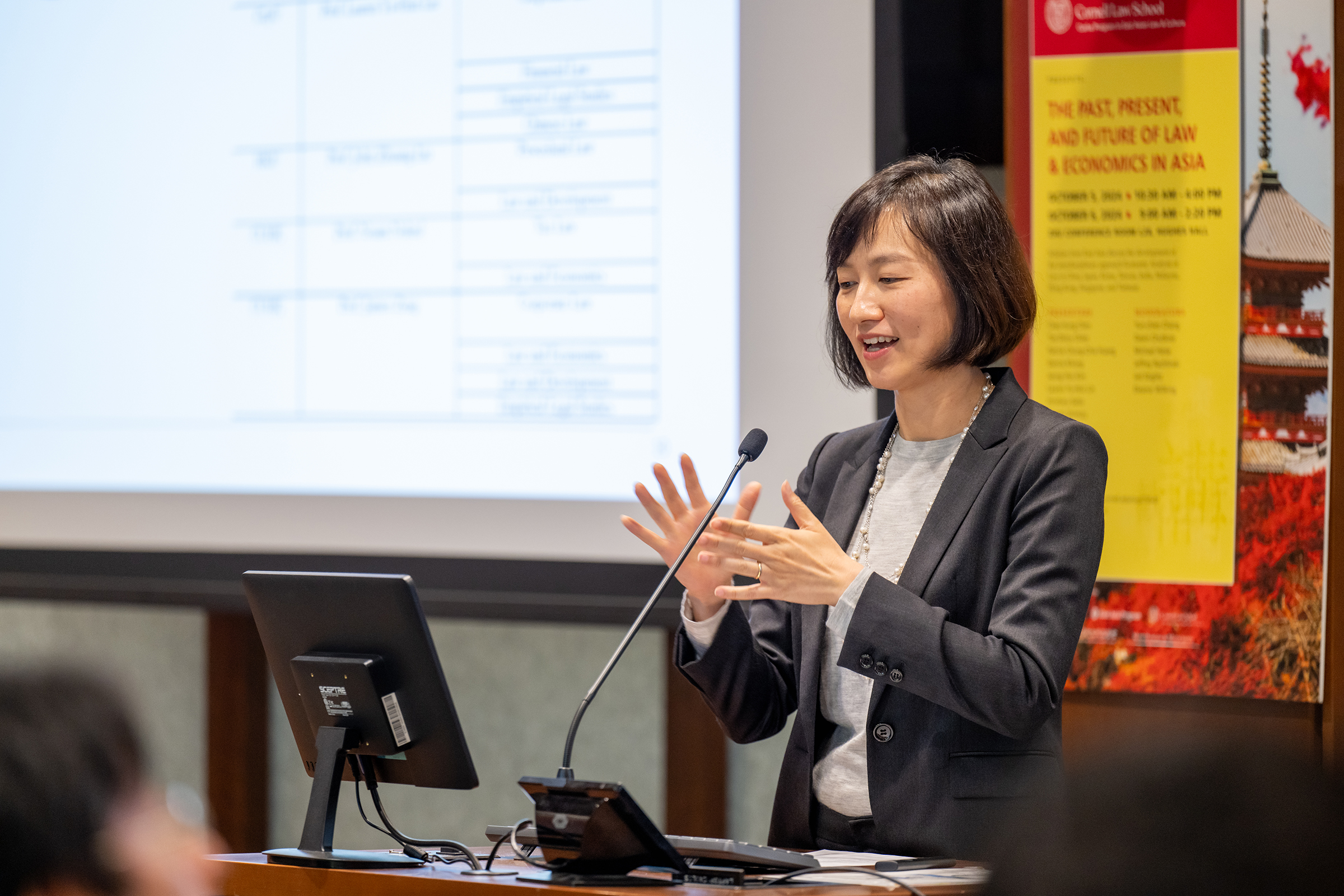
Prof. Lauren Lin, City University of Hong Kong, the incoming President of the Asian Law and Economics Association
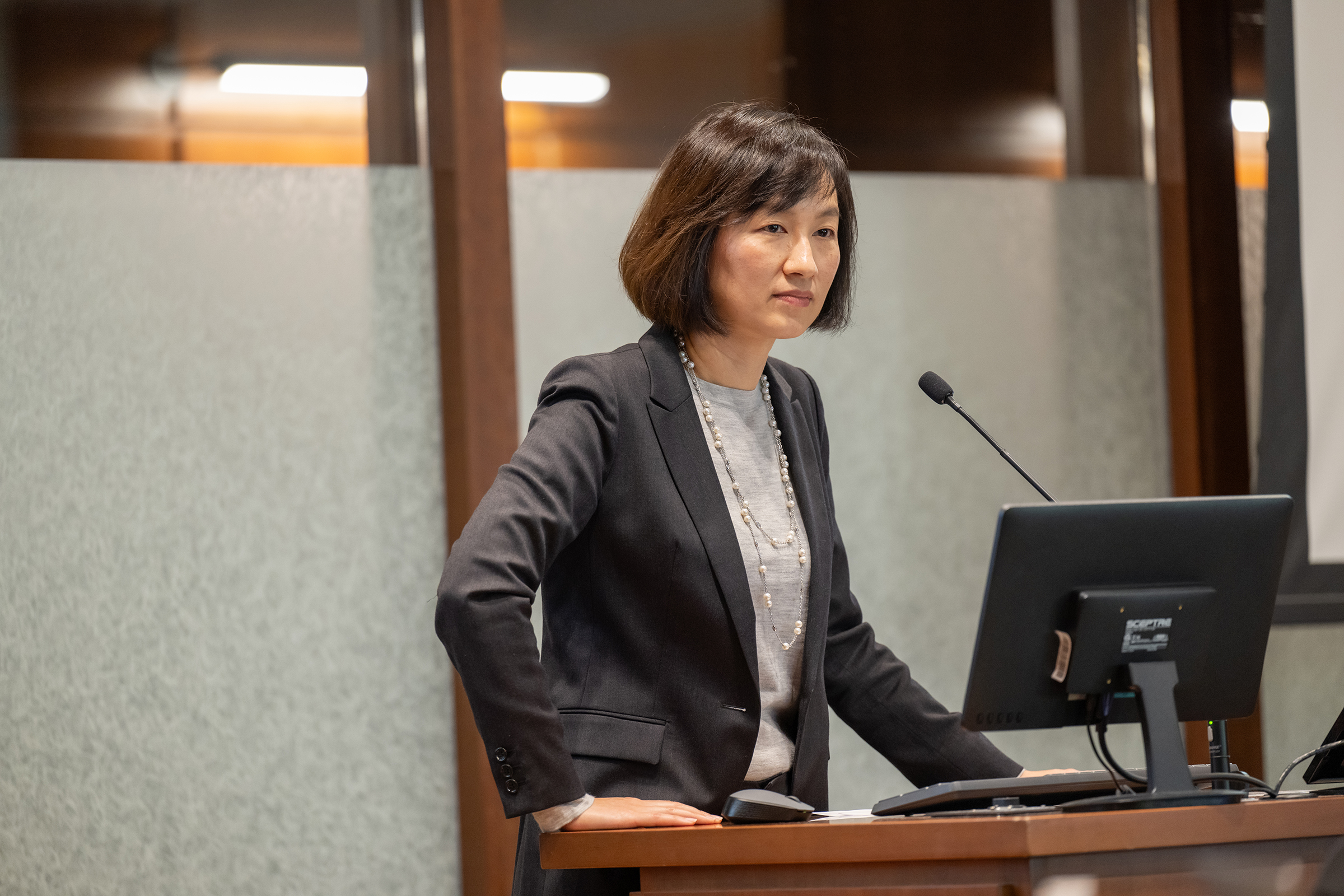
Prof. Lauren Lin, City University of Hong Kong, the incoming President of the Asian Law and Economics Association
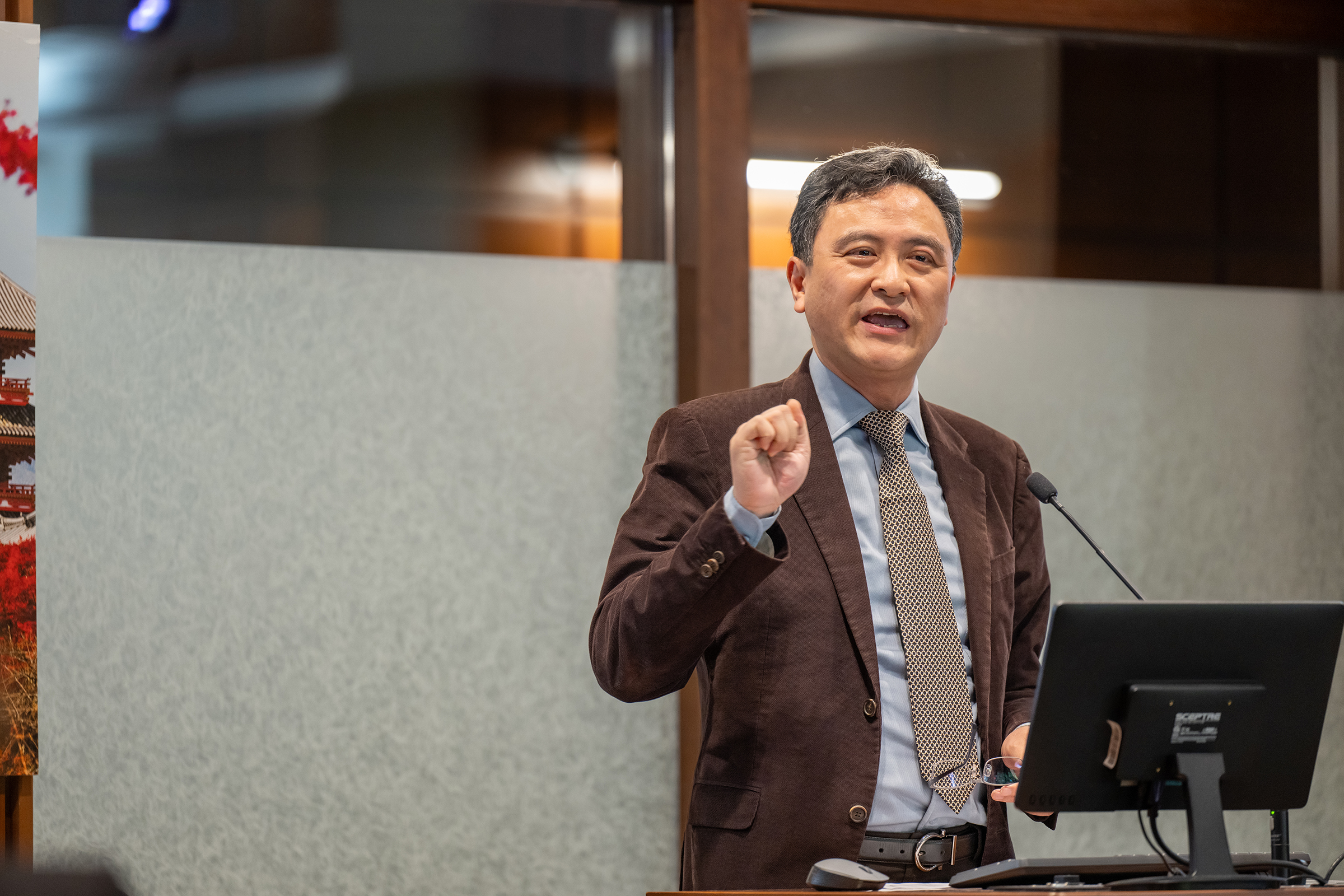
Prof. Wei Zhang, Singapore Management University, Singapore
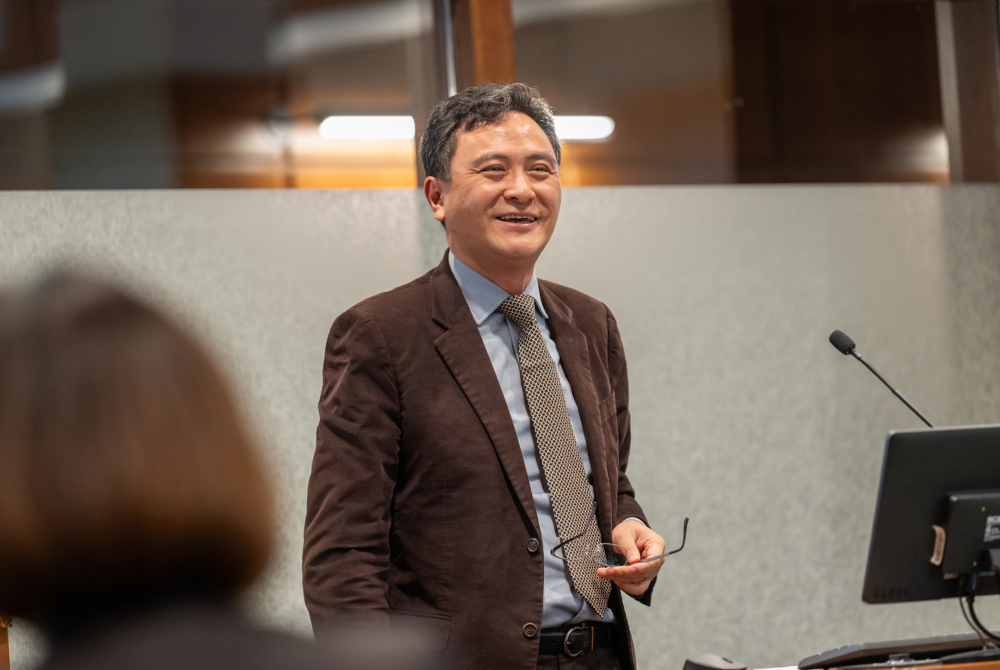
Prof. Wei Zhang, Singapore Management University, Singapore
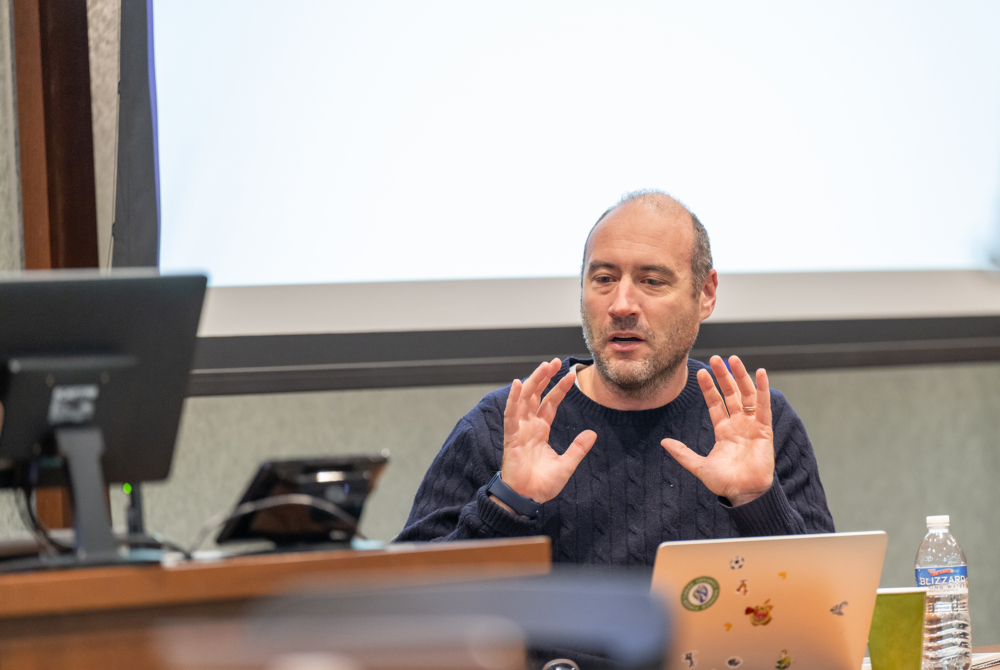
Prof. Jed Stiglitz, the moderator, Cornell Law School
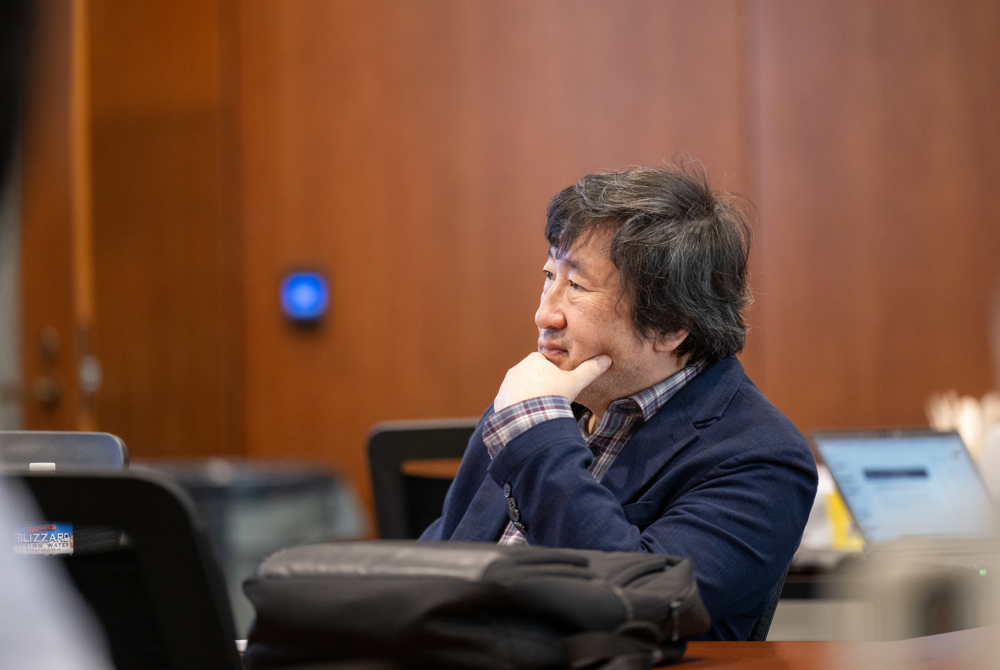
Prof. Jeong-Yoo Kim, Kyung Hee University, South Korea
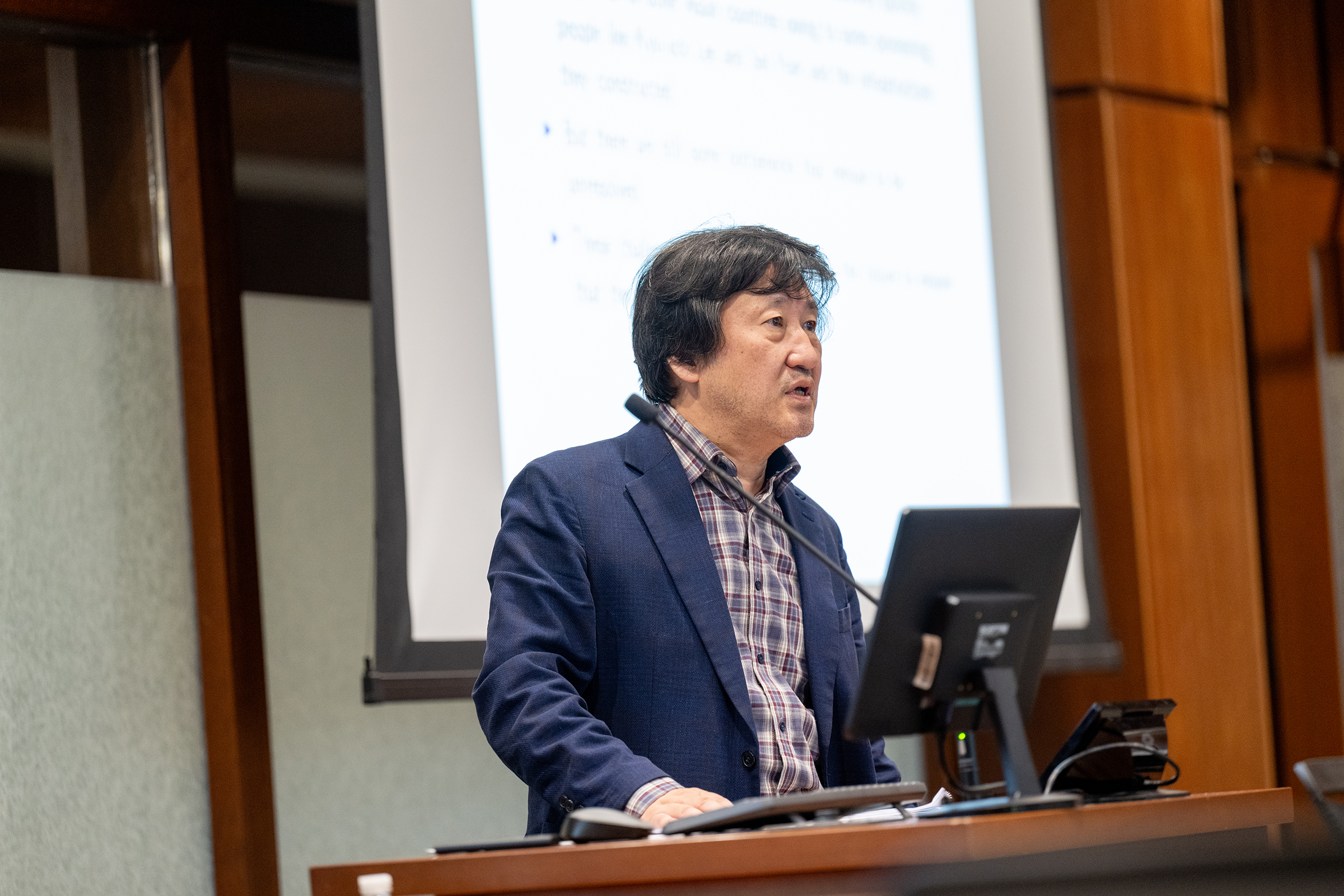
Prof. Jeong-Yoo Kim, Kyung Hee University, South Korea
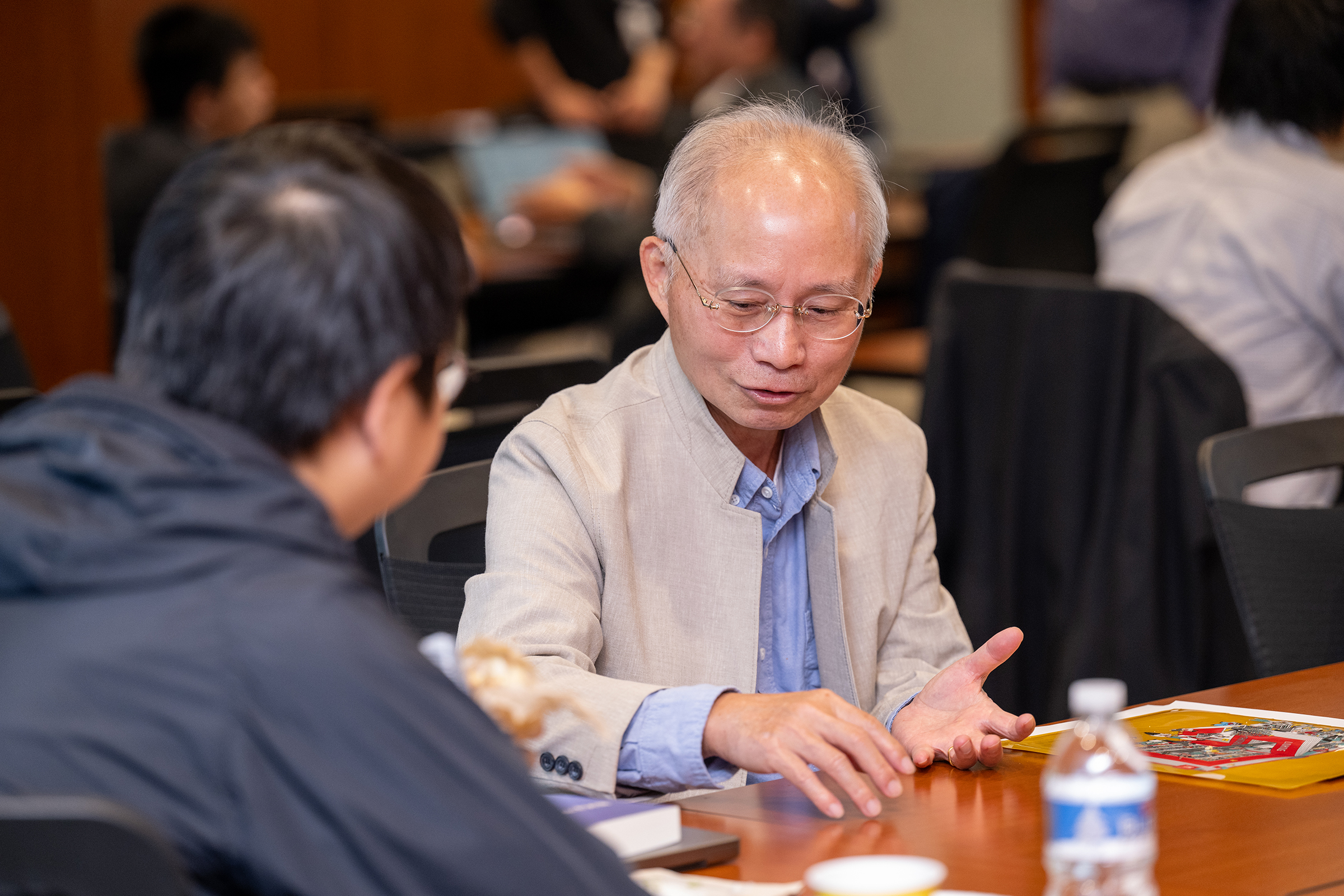
Prof. Tzu-Shiou Chien, Academia Sinica, Taiwan
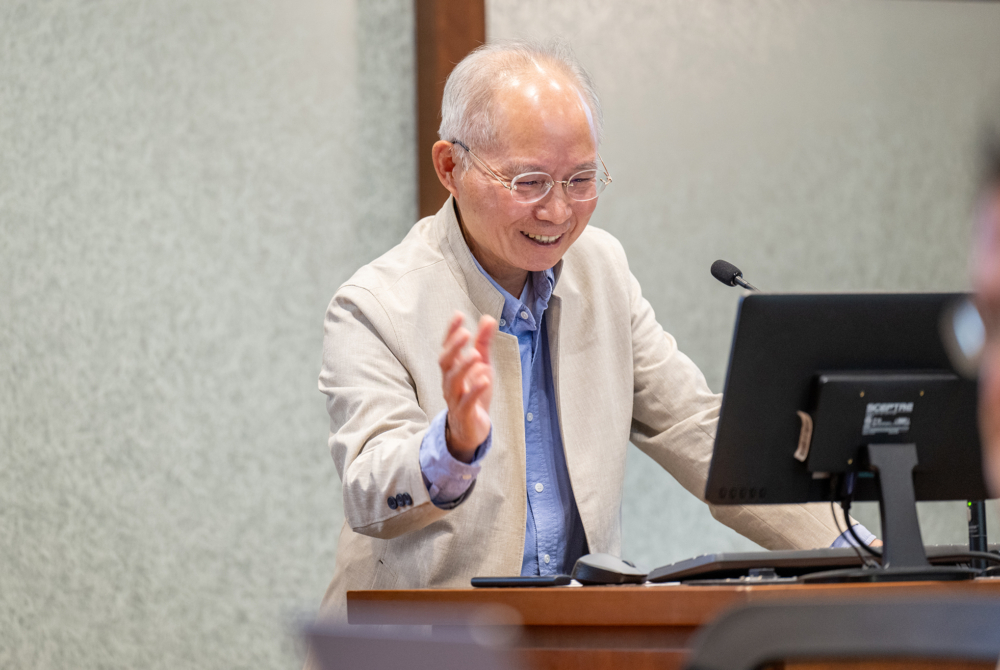
Prof. Tzu-Shiou Chien, Academia Sinica, Taiwan
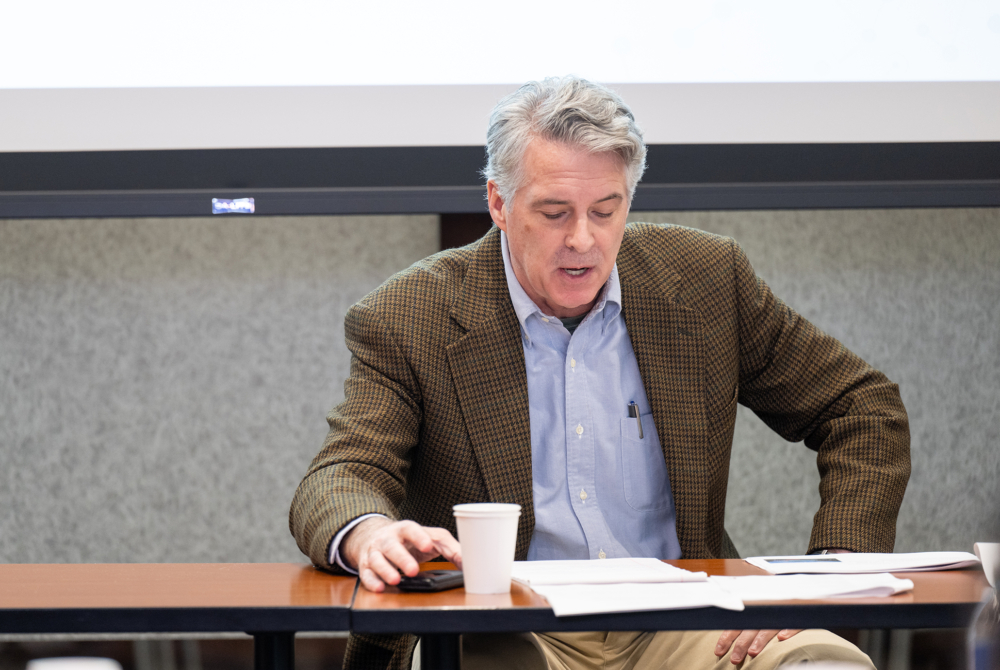
Prof. Michael Heise, the moderator, Cornell Law School
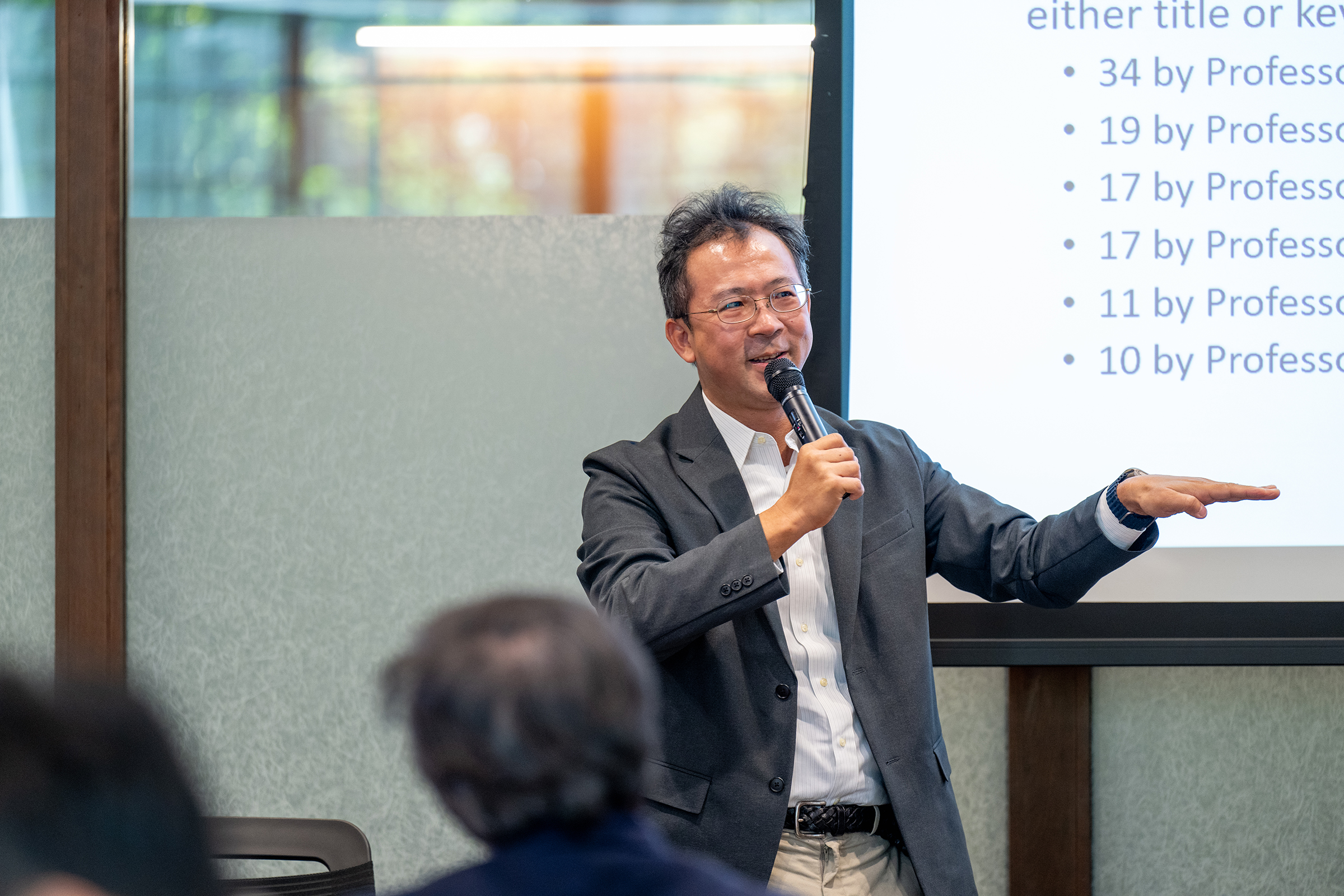
Prof. Christopher Chao-hung Chen, National Taiwan University, Taiwan
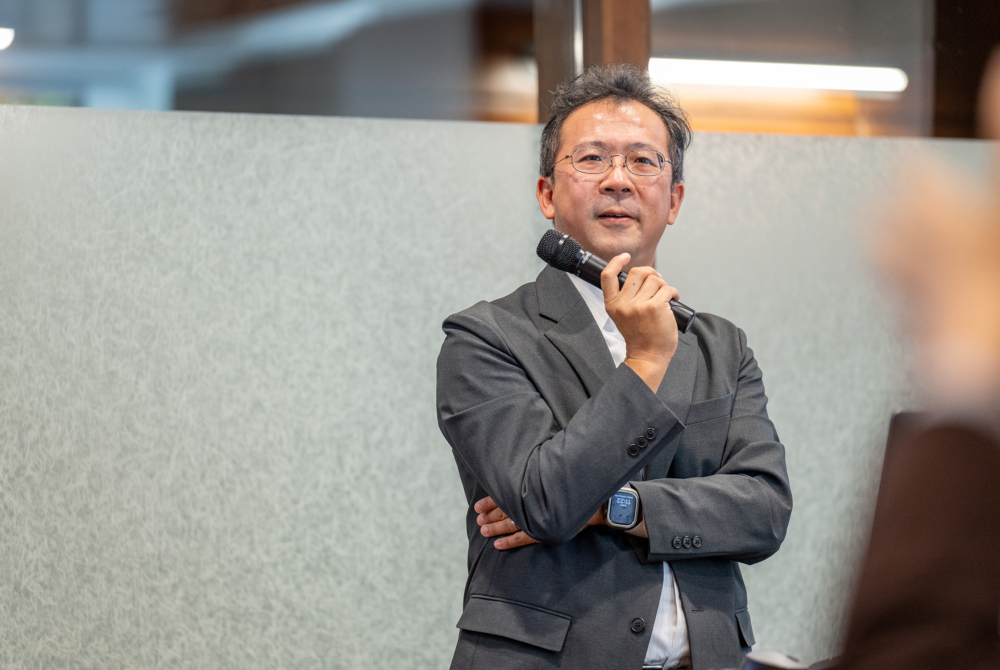
Prof. Christopher Chao-hung Chen, National Taiwan University, Taiwan
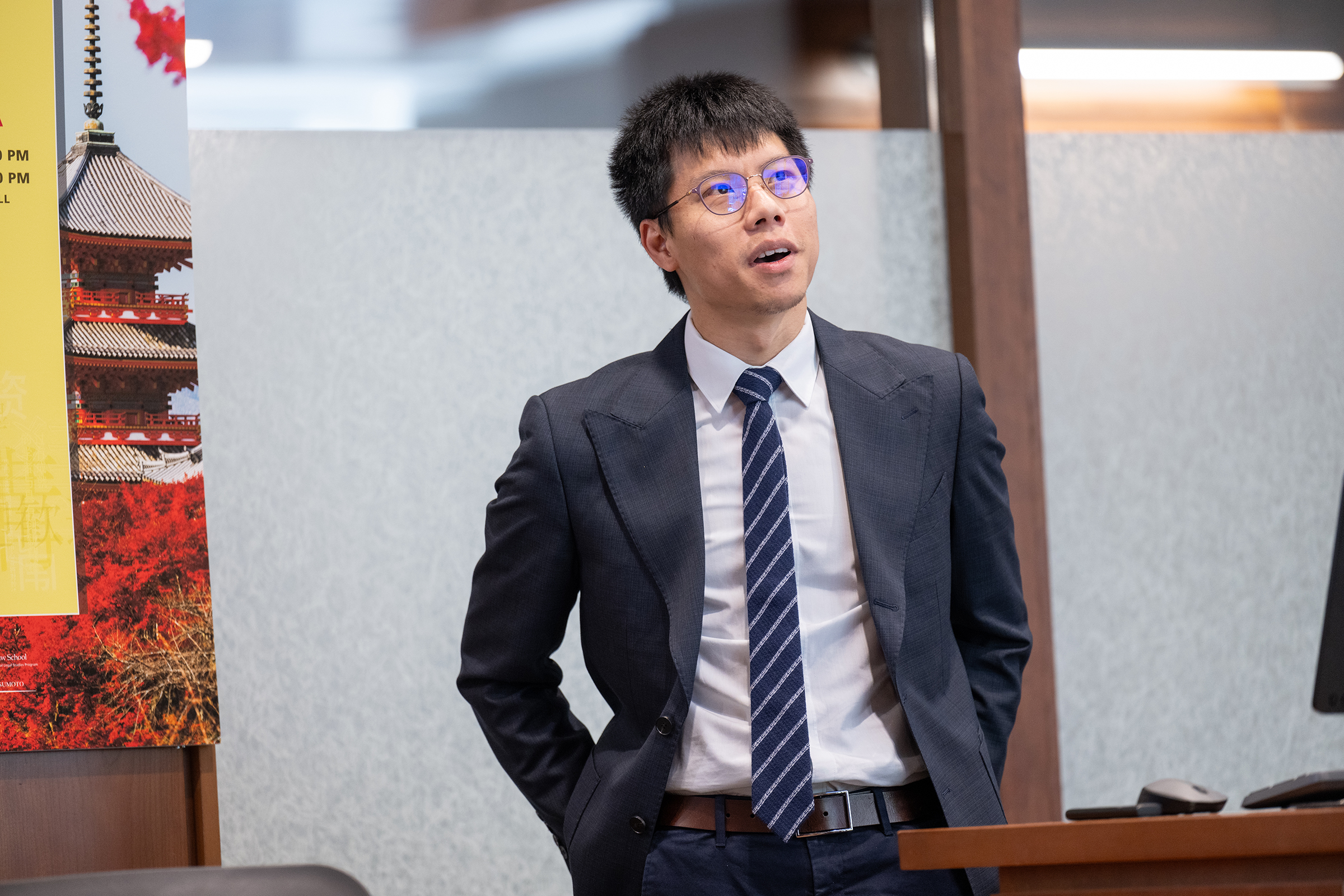
Prof. Patrick Chung-Chia Huang, National Taiwan University, Taiwan
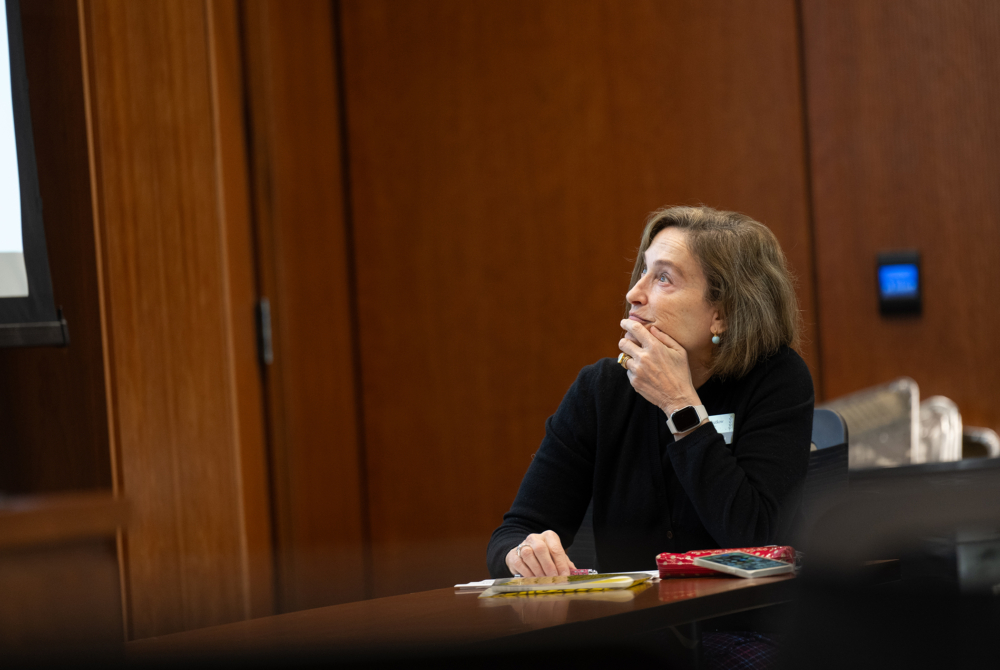
Prof. Dawn Chutkow, the moderator, Cornell Law School
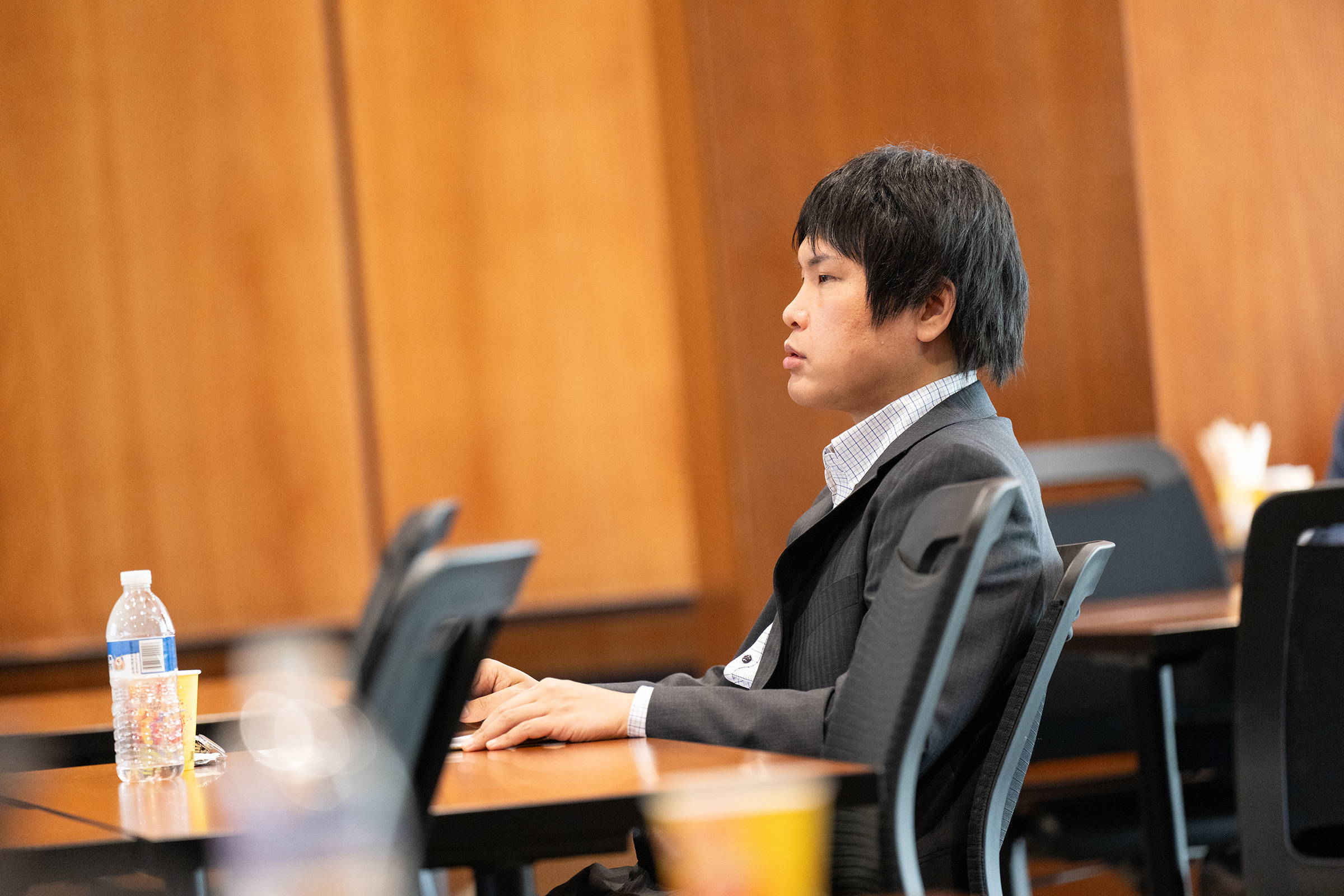
Prof. Takashi Shimizu, Tokyo University, Japan
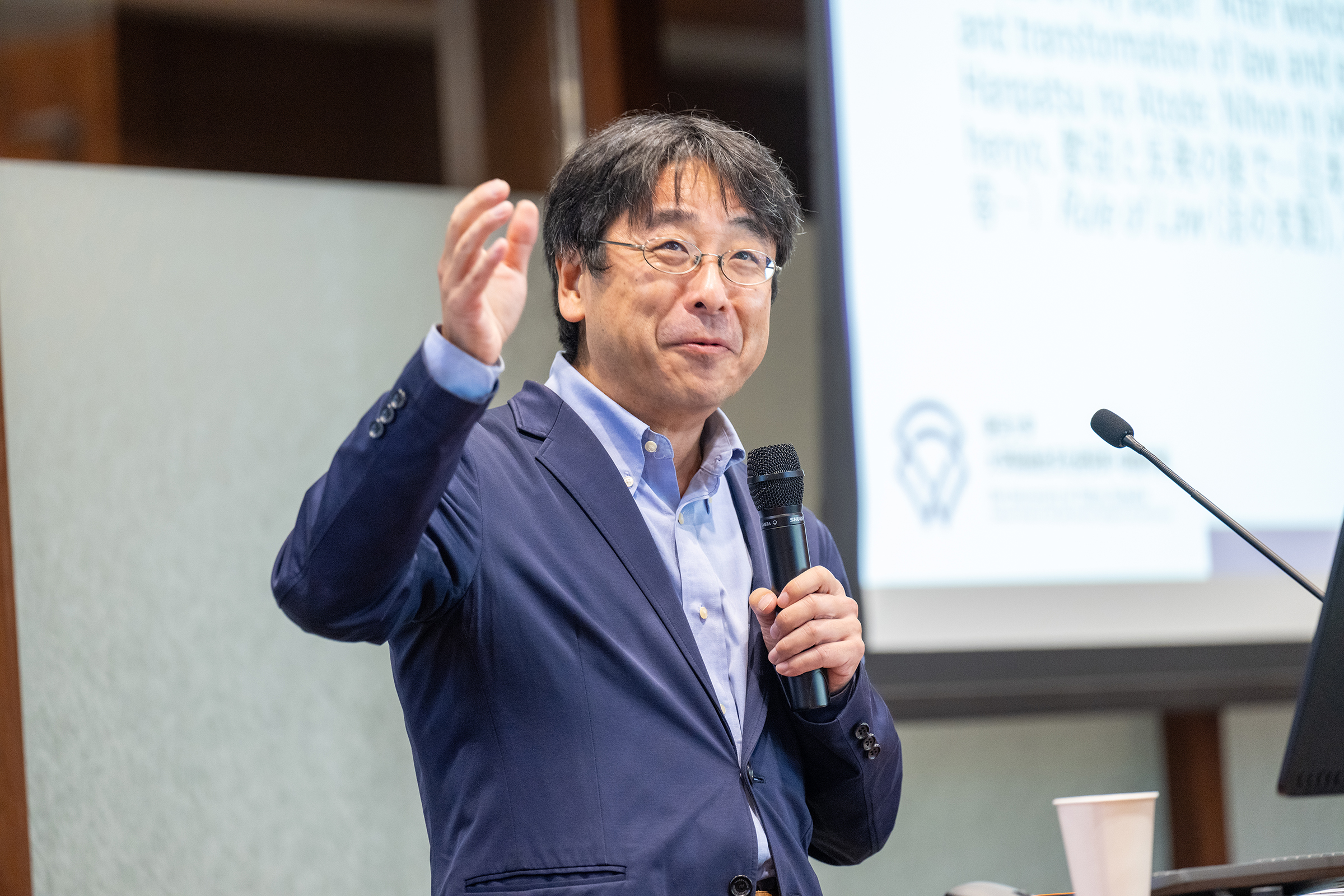
Prof. Takashi Shimizu, Tokyo University, Japan
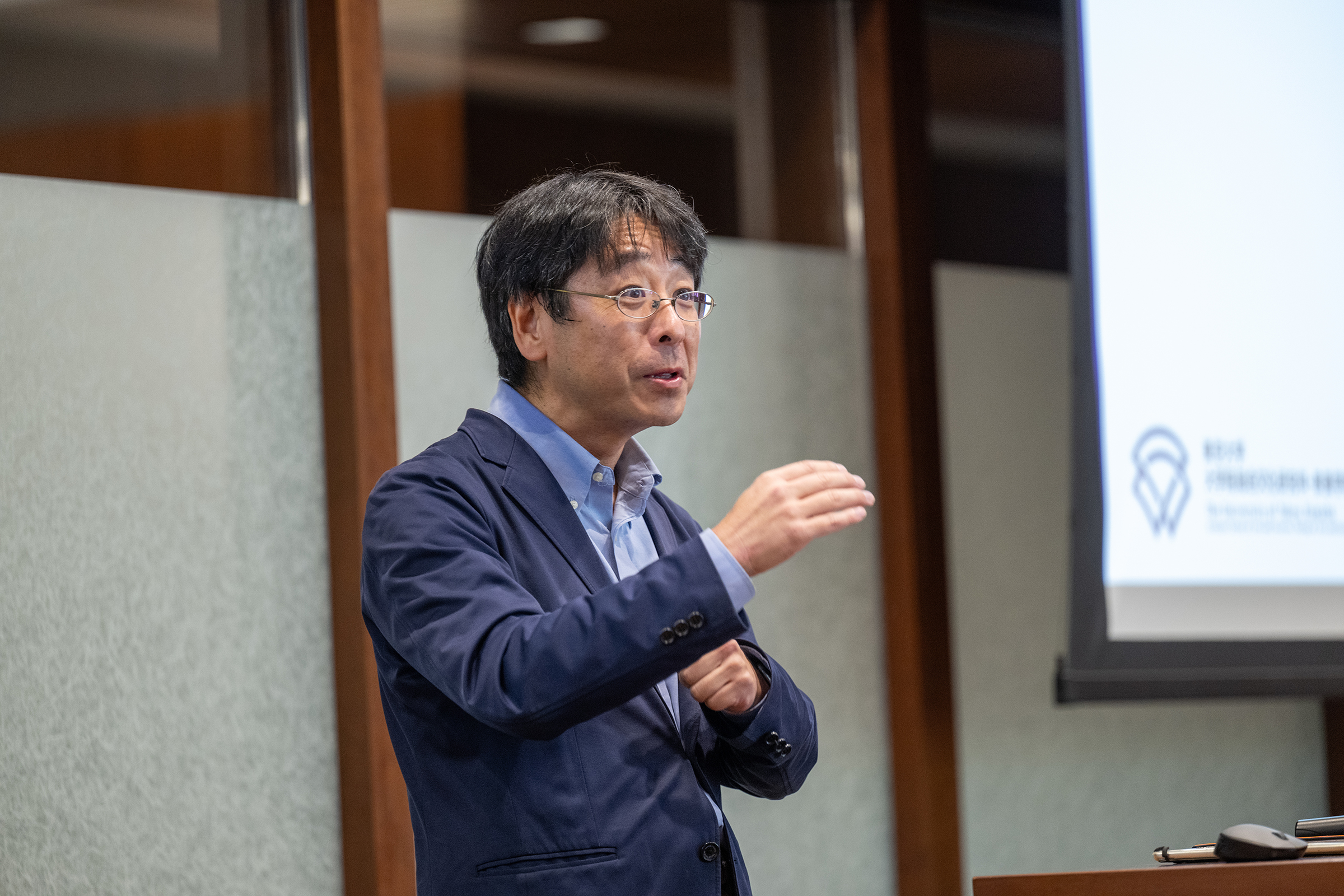
Prof. Takashi Shimizu, Tokyo University, Japan
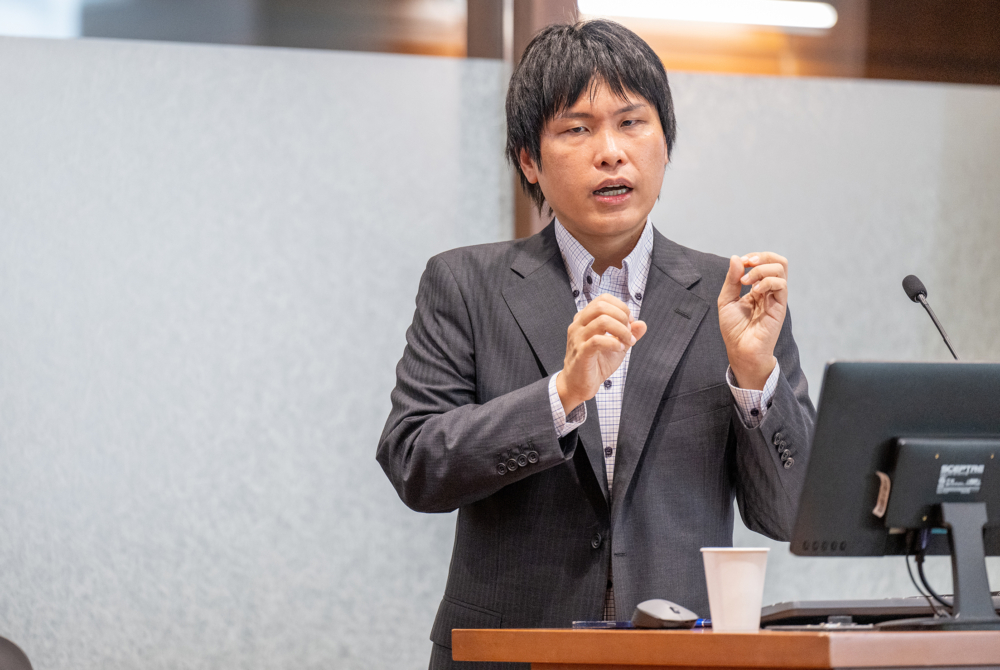
Prof. Takashi Shimizu, Tokyo University, Japan